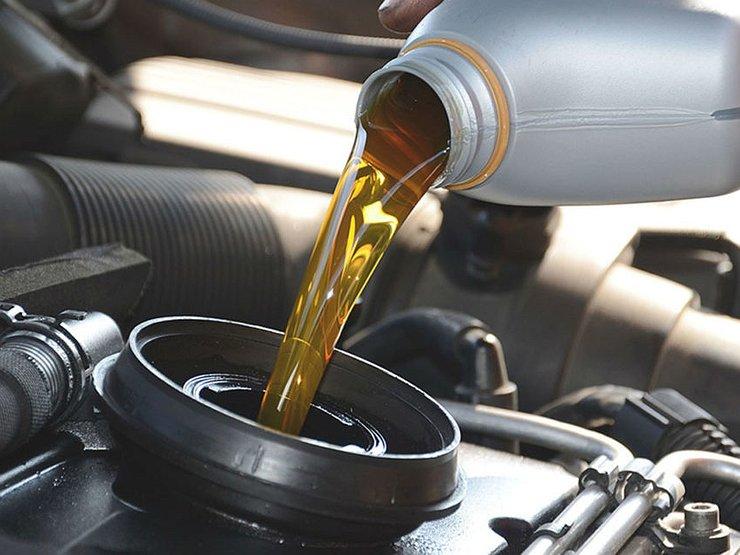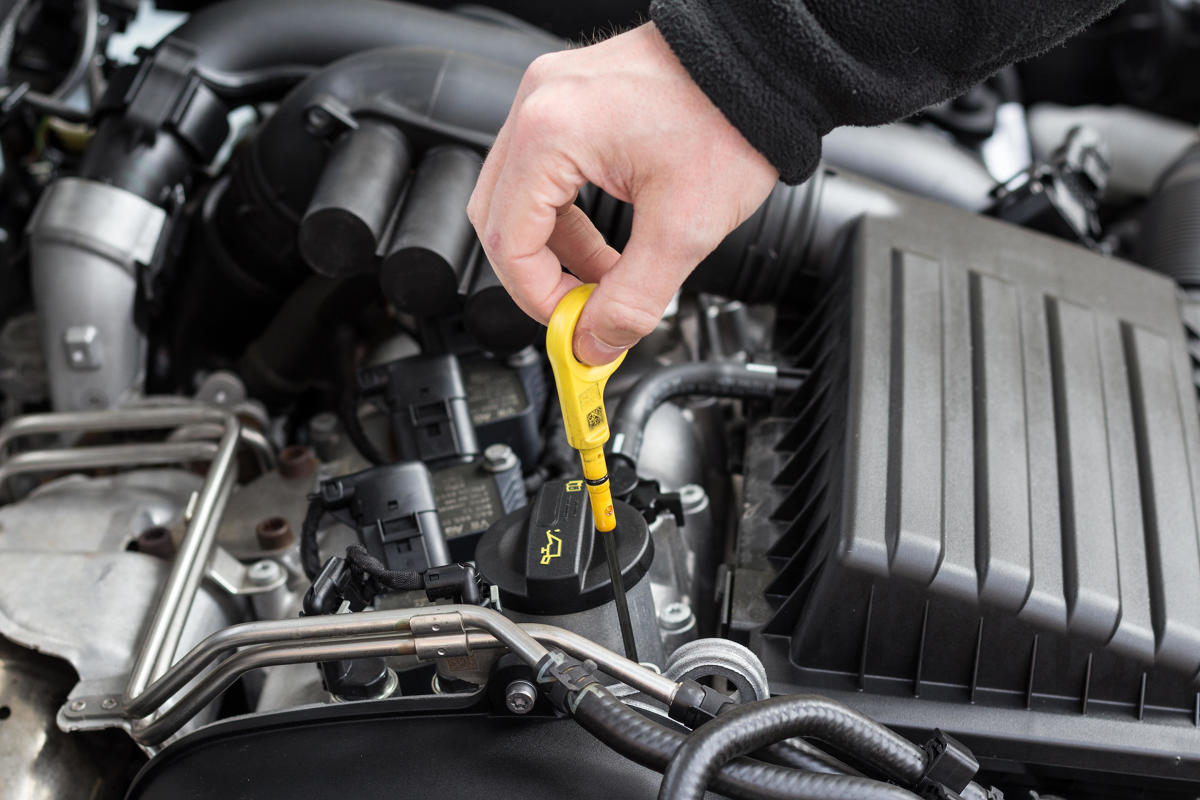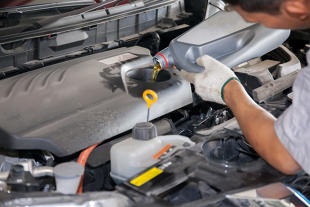
Machine oil. Why is it decreasing?
 Car manufacturers determine the level of acceptable oil consumption based on a large number of tests and studies. However, some engines can consume too much oil, which can be very dangerous. Manufacturers have significantly expanded the margin of safety in this regard, but everything has its limits. What are the possible causes of high oil consumption? Where is the aforementioned border?
Car manufacturers determine the level of acceptable oil consumption based on a large number of tests and studies. However, some engines can consume too much oil, which can be very dangerous. Manufacturers have significantly expanded the margin of safety in this regard, but everything has its limits. What are the possible causes of high oil consumption? Where is the aforementioned border?
The reasons for the low oil level are leaks in the turbocharger or clogged oil return lines, which are an integral part of the oil. When this happens, the oil usually enters directly into the intake system and combustion chambers. In extreme cases, diesel engines with such defects can suffer from uncontrolled starting of the engine, i.e. spontaneous combustion of the engine oil (so-called "acceleration"). Fortunately, such failures are very rare nowadays, since many engines are equipped with special damping dampers. They cut off the air supply to the engine, preventing spontaneous combustion.
“Another reason for a drop in oil level is wear or mechanical damage to pistons and piston rings. The rings seal the combustion chamber and separate it from the crankcase. They also remove excess oil from the cylinder walls. In the event of damage, oil consumption may increase because the rings cannot perform their function properly. The oil remaining on the cylinder walls will partially burn out. It also increases fuel consumption and reduces power, as the engine will not be able to maintain sufficient compression,” says Andrzej Gusiatinsky, Technical Manager of TOTAL Polska.
Carbon deposits from burning oil gradually spoil the cylinder head, that is, valves, guides and seals. If the engine is constantly exposed to low oil pressure, typical high oil temperature problems such as engine overheating, bearing, cylinder wall or clogged piston rings can occur. Too much oil in the engine can, in turn, damage the catalytic converter and lambda probe.
 Sometimes the assumption that our engine "eats oil" can be wrong. A drop in the oil level on the gauge can be caused by a leak, which is very dangerous, for example, for engines with a timing chain. Chain and tensioners that use engine oil for operation can be completely damaged due to insufficient lubrication. To find leaks, start by checking fasteners, gaskets, flexible or rubber hoses, housings like the timing chain, turbocharger, and other less obvious places like the sump drain plug.
Sometimes the assumption that our engine "eats oil" can be wrong. A drop in the oil level on the gauge can be caused by a leak, which is very dangerous, for example, for engines with a timing chain. Chain and tensioners that use engine oil for operation can be completely damaged due to insufficient lubrication. To find leaks, start by checking fasteners, gaskets, flexible or rubber hoses, housings like the timing chain, turbocharger, and other less obvious places like the sump drain plug.
Another reason for an excessive drop in the oil level may be the failure of the injection pump. If the pump is lubricated with engine oil, pump failure can cause oil to enter the fuel and then into the combustion chambers. Too much oil in the combustion chamber will also adversely affect the particulate filter (if the car has one). Excess oil in the combustion chamber increases the emission of harmful sulphated ash. Special low-ash oils (for example, TOTAL Quartz 9000 5W30) have been developed for cars with a particulate filter, which reduce the formation of ash under normal conditions.
See also: auto loan. How much depends on your own contribution?
How do we know if our engine is consuming too much oil? The answer to this question is not obvious. Manufacturers have significantly expanded the limits of permissible oil consumption - at least in their instructions. For 1.4 TSI Volkswagen engines, an oil consumption limit of 1 l / 1000 km is allowed. This is due to the fact that modern engines and their components, despite technical progress, are by no means maintenance-free. Adding engine oil between periodic oil changes is perfectly normal and technically justified.
It all depends on the type and condition of the engine and the limits specified by the vehicle manufacturer. The manufacturer has included detailed recommendations in the owner's manual, taking into account the fact that oil consumption can rise to a certain level depending on the operating conditions of the car. Only if this limit is exceeded should the engine be repaired and defective parts replaced.
“The increase in oil consumption, if it is not caused by leaks or mechanical damage in the connecting rod and piston area, depends on the operating conditions of the vehicle. If we drive in mountainous terrain or at high speeds on highways that put a lot of stress on the engine, increased oil and fuel consumption is not surprising. It makes sense to check the oil level both before and after any trip. It is worth having on hand the so-called oil. “Replenishment”, because you never know where and when we will use it.” Andrzej Husyatinsky summarizes.
Read also: Testing Volkswagen Polo